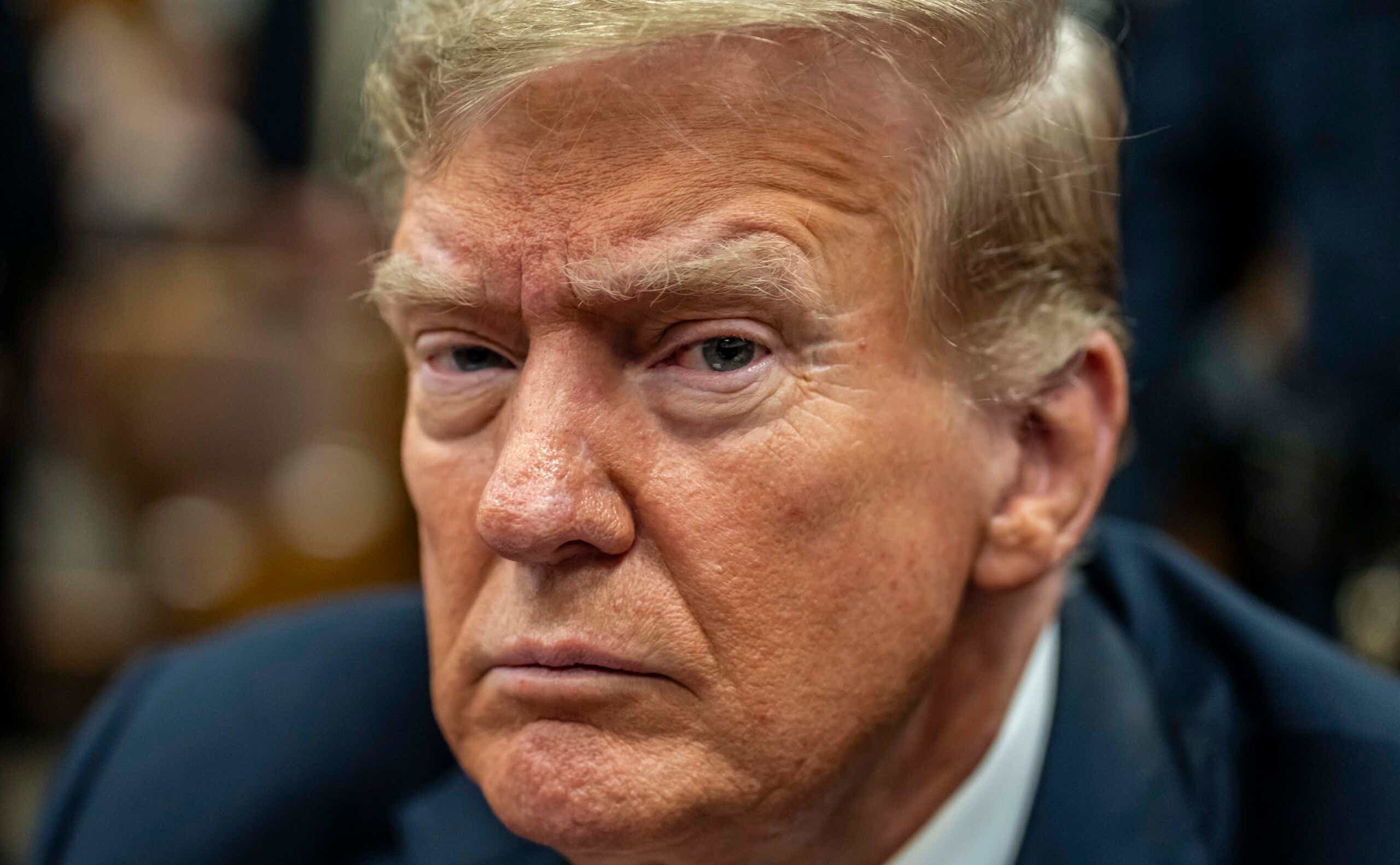Lawyers for the prosecution and Donald Trump's defense team are gearing up to deliver their final arguments in his historic hush money criminal trial. Here's where things stand — and what to look out for.
The closing arguments
During today's summations — which could spill into tomorrow — Trump's team is expected to attempt to dismantle the credibility of the prosecution's star witness, Michael Cohen. They'll almost certainly highlight the fact that Cohen has previously admitted to lying, and other factors like Cohen's fury over Trump cutting his bonus by two-thirds.
They'll argue that the prosecution failed to prove beyond a reasonable doubt (the necessary threshold for a conviction) that Trump ordered and executed the hush money scheme. They'll add that the scheme didn't constitute illegal activity, as, per their arguments earlier in the trial, there was no criminal intent.
The prosecution is expected to follow by talking the jury through the 34 allegedly falsified documents, plus text messages and other evidence that supports Cohen's testimony.
During Cohen's testimony, he said that Trump told him to "handle" the nondisclosure and hush money payments necessary to keep his unflattering sexual affairs out of the press during his 2016 election campaign. He added that when the question arose of paying adult film star Stormy Daniels $130,000 for her silence, Trump told him "just do it."
What jurors must decide to reach a guilty verdict
The judge will then instruct the seven men and five women jurors regarding the complex legalities of the case before they deliberate. To deliver a guilty verdict, they must decide that prosecutors proved beyond reasonable doubt that Trump falsified business records.
To bump that misdemeanor up to a felony, they must agree that this was done in order to conceal another crime — in this case, the intention to violate electoral law in the 2016 election. In New York, the jury must reach a unanimous decision to reach a guilty verdict.
If Trump is declared innocent, he cannot be retried on the same charges. If he's found guilty, he can appeal the verdict. This would initially be heard by the First Department of the New York Supreme Court’s Appellate Division. If that failed, Trump could take the case to the New York Supreme Court.
What if the jurors disagree on the evidence?
In the event that just one juror dissents, Justice Juan Merchan is likely to instruct them to take more time to deliberate, to see whether they can reach an agreement. If the jury is divided more evenly, Justice Merchan will have to call a mistrial. Should that happen, Manhattan District Attorney Alvin Bragg will be able to retry the case. If the jury agrees on just some of the charges, the prosecution can also retry the case.
What's at stake for Donald Trump?
Trump faces 34 Class E felony counts. The maximum sentence for each of these is four years in prison. While this would amount to 136 years if he were convicted of all of them, New York imposes a 20-year sentencing cap for this offense.
As The Independent notes, given that Trump has no previous convictions and he's being tried for non-violent crimes, it's unlikely he'd face jail time if found guilty. It's more probable he'd receive fines, a conditional discharge, or similar.
The most critical thing for Trump is whether he's found guilty or not. In a poll by Reuters and Ipsos in April, a quarter of Republicans said they wouldn't vote for him if he were convicted of a felony. This is the only one of Trump's trials that's likely to conclude before the election in November, so there's a lot riding on it.
In terms of his current election campaign, a mistrial doesn't look like it'll damage his chances too much versus an acquittal.
“I don’t know if the voting public sees much of a difference between the two. For many, including the defendant, the only relevant question is whether he is a convicted felon or not,” explains CNN legal analyst Elliot Williams.
Trump's mood doesn't seem great going into this pivotal week. In a rambling message posted to Truth Social yesterday, he wished a happy Memorial Day to "human scum," including the "Radical Left, Trump Hating Federal Judge in New York," and "Arthur Engoron, the N.Y. State Wacko Judge who fined me almost 500 Million Dollars (UNDER APPEAL) for DOING NOTHING WRONG." He concluded the post: "Now for Merchan!"









